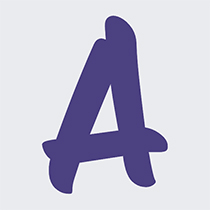The Future For Anonymity Apps: Defamations And Revolutions
TechCrunch › Mike Butcher
In 2010 the Iranian election protests — the “Green Revolution” — was at its tail end, though few knew the tumult of the Arab Spring was to come. The Iranian authorities were rounding up key anti-government leaders. People who had spoken out against the election result, which appeared to the whole world to have been rigged, found themselves in grave danger.
The things they had posted on social media – often under their real names as Facebook insisted – in support of the protests, were now incriminating evidence. More importantly, they feared Iranian Police were meticulously working through entire social graphs, containing real family and friends, to throw people in prison. If you were a protester, it was likely your Facebook friends might be as well. So many started frantically deleting their accounts. Suddenly, anonymity was a prized possession.
Fast forward to 2014. Startups producing apps which seemingly give us anonymity in our postings – Yik Yak, Secret, Wut and Whisper being the major contenders right now – are suddenly hot properties. But not because of any political process, but because their juicy gossip – especially of the Silicon Valley variety – has become addictive, not least to the media.
But, with social media comes the inevitable trolling, and potential for defamation. Clearly, with their identity protected, users of apps based around anonymity are able to circulate salacious and downright damaging rumours. Some people are even resigning, in part because of what is said on these apps.
